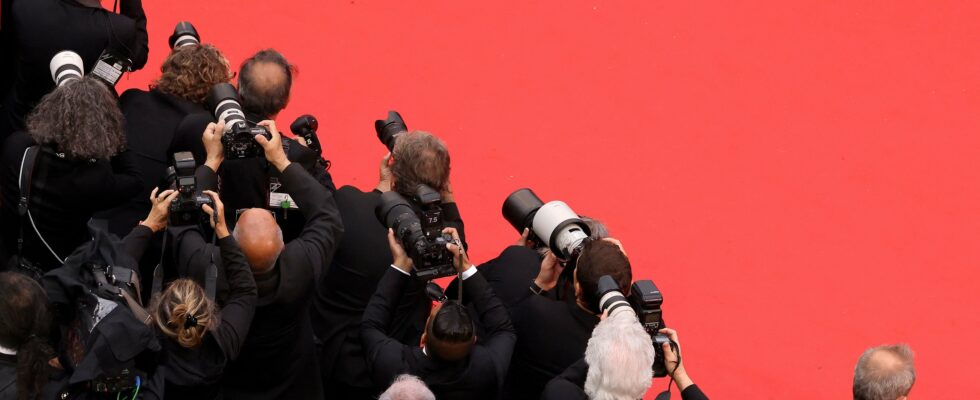Everyone knows the Orléans rumor which developed in 1969 and spread the anti-Semitic story of kidnappings of women from the city’s clothing stores against a backdrop of white trafficking. It is known in particular because it gave rise to a study carried out by Edgar Morin and his team which was published the same year with resounding success. It is not certain that the story that could be called “rumor of Cannes” will have the same success. However, the 77th edition of the famous festival was preceded by a wave of panic which the media echoed. What is it about ? A list of French cinema professionals – ten men – was distributed on social networks with a warning: these people will be accused of being sexual assaulters during the festival. We must be careful because, as I write these lines, no one yet knows whether this story will have the slightest foundation. It could be partially or entirely true…or totally false. Especially since the investigation site Mediapart has formally denied having a list of alleged perpetrators of attacks belonging to the cinema sector.
In reality, the status of rumor is well and truly established because, what authorizes this qualification, is not so much the truth of a story as the way in which the information is produced and supported, at the time of its release. diffusion, to uncertainty.
Secondary cognitive market
Regardless of its veracity, we can question the success of this story which says a lot about the atmosphere which reigns in the public debate. Before interesting Edgar Morin, the phenomenon sparked the work of two American psychologists at the end of the 1940s: Gordon Allport and Leo Postman. Based on the oral dissemination of information, they noticed that it quickly simplified and became distorted by mobilizing stereotypical elements. At that time, rumor existed on a cognitive market that could be said to be secondary; it was rare for it to reach the primary market – that is to say, that of conventional media. There are many counterexamples to this observation, but at least until recently in our shared history, the wall that separated this secondary cognitive market from professional information processing held firm. The deregulation that the digital worlds have brought about makes this wall more porous than ever. This is all the more true since the Cannes rumor has a certain credibility. Firstly because it is narratively “prepared” by recent cases which involve greats of French cinema: Gérard Depardieu, Benoît Jacquot, Jacques Doillon, Philippe Garrel…
Then, because it touches on an event to which millions of eyes will turn. Therefore, we must now expect that any event of this scale will be preceded by false information (think of the Olympic Games, for example). These are generally negative because, as all scientific work on the issue shows, these doubtful stories are statistically based on themes that worry and challenge through the sad passions they evoke.
Weakening of victims’ credibility
Finally, the credibility of this rumor also depends on the balance between intuitive and counter-intuitive elements that compose it. Regarding the intuitive elements, we saw that the story was narratively prepared. On the other hand, certain names appearing on this list are surprising as they involve figures whose public image is orthogonal to such accusations. Of course, the positive opinion they benefit from does not exonerate them at all. a prioriI only mean that these elements create a surprise capable of capturing our attention.
The most worrying thing about this story is that it was relayed both by conspiracy sites and by conventional media. This marriage of carp and rabbit is not unprecedented, but the dependence of traditional media on digital worlds raises fears that it will happen more and more frequently. One of the negative effects of this rumor, if it turns out to be unfounded, could be a weakening of the credibility of the victims. Just as the proliferation of images created by AI risks fostering widespread skepticism, urban legends can affect our ability to mobilize for just causes.
.
